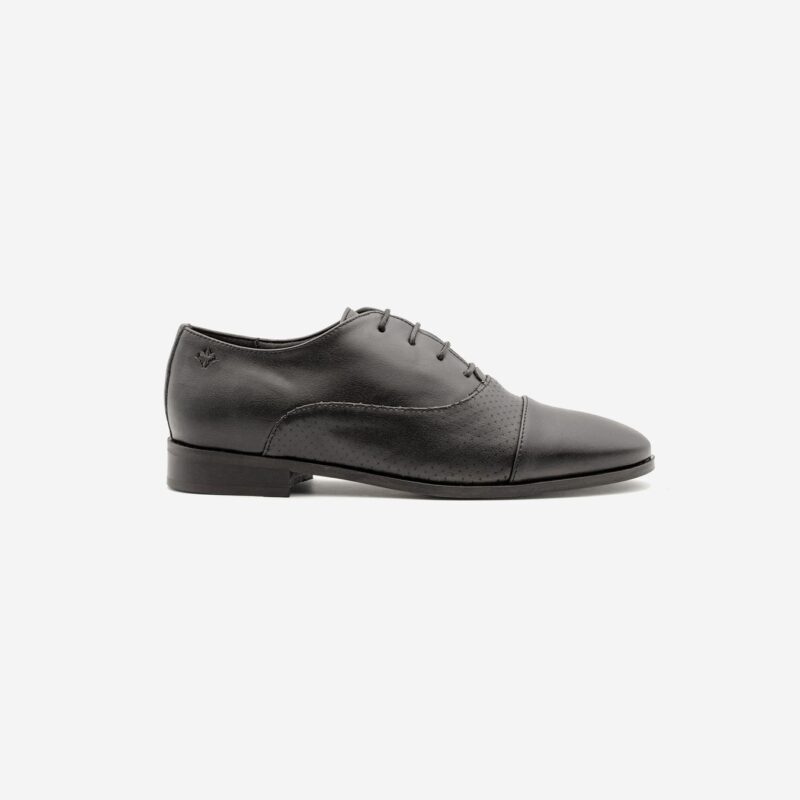
Blog
The Importance of Sustainable Footwear in Today’s Fashion Industry

In recent years, there has been a growing awareness and concern about the environmental impact of the fashion industry. From water pollution to textile waste, the negative consequences of fast fashion are becoming impossible to ignore. As a result, consumers and industry leaders are increasingly demanding more sustainable options in all aspects of fashion, including footwear.
The production of footwear involves various stages that contribute to its environmental footprint. From sourcing raw materials like leather or synthetic fabrics to manufacturing processes and transportation, each step has a significant impact on the planet. The need for sustainability in this sector is crucial not only for the environment but also for the well-being of future generations.
Why is sustainable footwear important?
Sustainable footwear is important for several reasons:
- Reducing environmental impact: The fashion industry, including footwear production, is known to contribute to environmental degradation. By opting for sustainable footwear, we can reduce the use of harmful chemicals, water consumption, and carbon emissions associated with traditional manufacturing processes. Sustainable materials like organic cotton, recycled plastics, and plant-based leather alternatives help minimize the industry’s carbon footprint.
- Minimizing waste: Fast fashion has resulted in a throwaway culture where products are quickly discarded. This leads to massive amounts of textile waste that end up in landfills or incinerators. Sustainable footwear brands focus on using durable materials and adopting circular design principles, which aim to create products that can be recycled or repurposed at the end of their life cycle.
- Protecting workers’ rights: The fashion industry has long been criticized for its poor labor practices and exploitation of workers in developing countries. Choosing sustainable footwear means supporting brands that prioritize fair wages, safe working conditions, and ethical sourcing practices. By demanding transparency from companies and opting for certified sustainable options, consumers can help protect the rights and well-being of workers throughout the supply chain.
- Promoting animal welfare: Traditional leather production involves the use of toxic chemicals and contributes to deforestation as well as cruelty towards animals raised for their hides. Sustainable footwear offers alternatives like vegan leather made from plant-based materials or innovative textiles created through upcycling or recycling processes. By choosing these options, consumers can promote animal welfare without compromising on style or quality.
- Encouraging innovation: The demand for sustainable footwear encourages innovation within the fashion industry. Brands are now exploring new technologies and materials that have lower environmental impacts while still meeting aesthetic and functional requirements. Supporting these companies not only helps drive positive change but also promotes a shift towards a more sustainable future for fashion as a whole.
What is the level of sustainability in the footwear industry?
The footwear industry, although not as widely discussed as the apparel industry, is also facing challenges when it comes to sustainability. While there is a growing demand for sustainable fashion, the topic of sustainable footwear often takes a backseat in conversations. This is mainly because leather products, which are widely used in the footwear industry, tend to receive less attention compared to other materials like cotton or synthetic fibers.
However, it is crucial to address the sustainability of the footwear industry as leather plays a significant role in its production. Leather processing involves various chemicals and can have negative environmental impacts if not conducted responsibly. Additionally, ethical concerns arise from animal welfare issues related to the leather industry. Therefore, it becomes essential for consumers and brands alike to consider how their shoe purchases can align with sustainable practices.
To determine if a shoe or piece of leather has been produced sustainably, certifications can play an important role. Certificates such as those from organizations like the Leather Working Group (LWG) provide standards for responsible and environmentally friendly manufacturing processes in leather production. These certifications assess factors such as water usage, chemical management, waste management, and traceability within the supply chain. By looking for and supporting brands that carry these certifications, consumers can make more informed choices and contribute to promoting sustainability within the fashion industry.
In conclusion, sustainable footwear is important because it helps mitigate the negative environmental and social impacts associated with the fashion industry. It is important to promote recycled materials, avoid synthetic materials and choose sustainable brands from the fashion sector. By making conscious choices when buying shoes, consumers can contribute to a more sustainable and responsible fashion ecosystem while still expressing their personal style.





